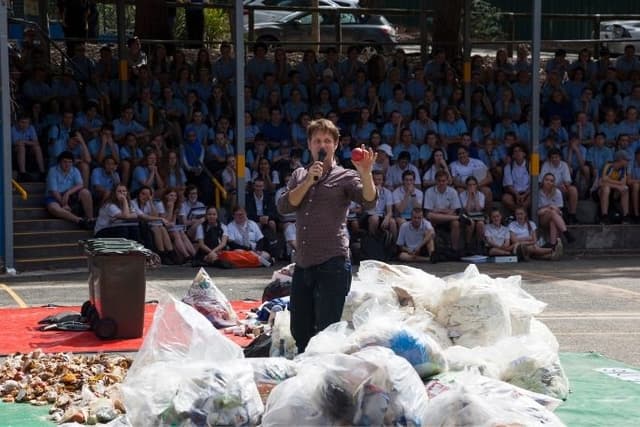
War On Waste - Make A War On Waste Episode
Lesson14 of 14 in this unit
SecondaryYear 7 - 10The ArtsEnvironmentalSustainabilityEconomicDesign Thinking
Summary
Lesson Guides and Printables
Lesson Plan

Student Worksheet

Teacher Content Info


Lesson Plan

Student Worksheet

Teacher Content Info
